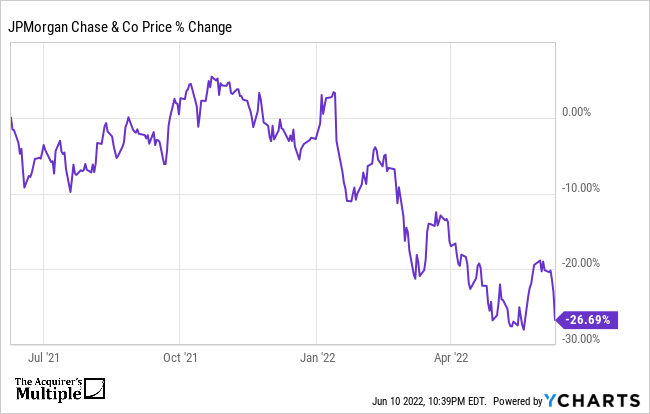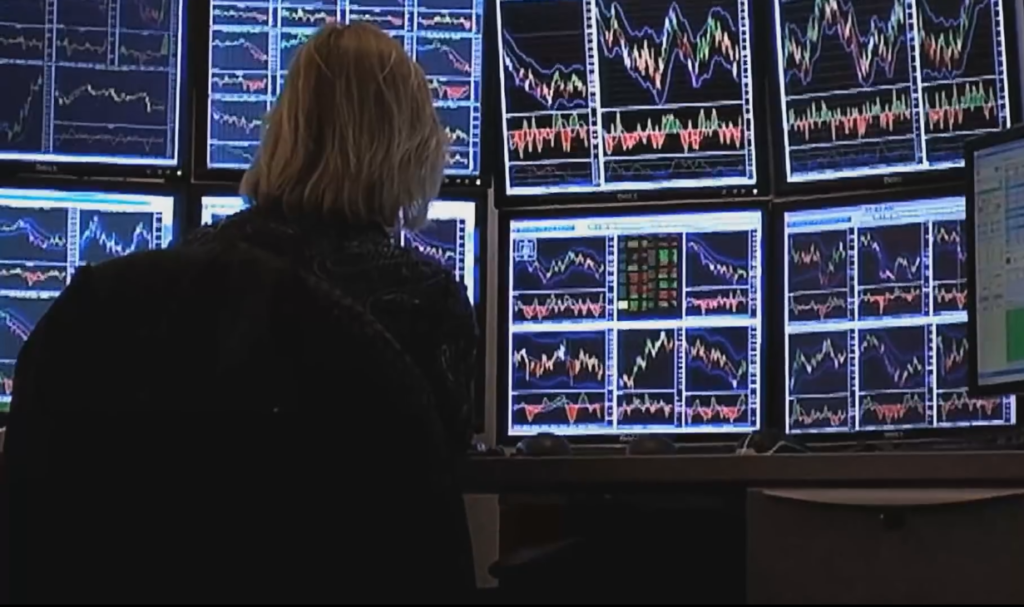
Beginners should always start with a small sum of money and low leverage, and then increase their accounts as their profits begin to roll in. While bigger accounts are more profitable than smaller accounts, higher profits do not always mean greater profits. It is best to start small with one currency pair in mind and expand as you gain experience. In the early days of forex trading, it is a good idea to focus on a single currency pair, and increase your leverage as your profits grow.
Avoid chasing the market
Forex traders should have an exit strategy when entering the market. Inexperienced traders make the common mistake of trying to chase the market. It is a common cause for impatience and poor capitalization. This is a common mistake that can be fixed by automation. However, before you automate your trading, learn how to not chase the markets. These tips will help you avoid chasing after the market.
Avoid trading on the basis of emotions
Avoiding emotions will help you avoid making errors when trading. Emotions are part of our biological action potential. They allow us to react to changes in the environment. An over-stressed trader can allow emotions to take control of their mind. Instead of profiting, traders who are stressed out make poor trade decisions that end up costing them their money. To avoid this, traders can minimize the emotional impact by revisiting past trades and trading only with what they can afford.

Avoid overtrading
Avoid overtrading when trading. Overtrading may be a mistake traders make, and it can cost them a lot of money. Overtrading can lead to poor trade selection and high commissions. There are many options to avoid overtrading. Read on for some ideas to help you stop trading in overdrive. You can plan ahead and keep your trading account balance down.
Do not trade with the trend
The key to trading with the trend is to learn the characteristics of the underlying trend and to trade according to that trend. Indicator-based trading strategies can be used to track market signals and price action, so you don't get caught off guard when the trend is ending. This article will explain the importance to follow price signals and trendlines when trading. This is the best method to ensure your trading strategy succeeds and avoid costly mistakes.
Avoid trading with exotic pair
Forex trading should be avoided if you are not familiar with the market. Also, you shouldn't trade with more exotic pairs than your ability to handle, such Japanese yens and Chinese yuans. Your entire account could be at risk if you lose a major trade. A large stop loss distance should be established. High price swings can ruin even the most profitable trades.
Avoid trading on volatility contraction
Although the concept of volatility contraction may have been powerful, it might not have worked as well as it did a few years back. However, the power of computing has altered the rules. Volatility cycles have become an inherent part of market behavior, and can be used in trading signals. You can avoid falling into this trap by learning to trade with the volatility range. It will help to make a profitable trade. These are just a few examples of how volatility can be used.

Avoid trading with volatility expansion
To avoid losing consecutive trades, it is a good idea to avoid volatility expansion trading. This strategy narrows the time frame, often to intraday. Tradeable swings may be found between 15 and 60 minutes. Barbara Rockefeller, an international economist who specialized on foreign exchange, pioneered the strategy. She combined technical and fundamental analysis in her daily reports. These signals are important for traders.
FAQ
What is the role and function of the Securities and Exchange Commission
The SEC regulates securities exchanges, broker-dealers, investment companies, and other entities involved in the distribution of securities. It enforces federal securities regulations.
Who can trade in stock markets?
Everyone. Not all people are created equal. Some people are more skilled and knowledgeable than others. They should be rewarded.
But other factors determine whether someone succeeds or fails in trading stocks. If you don’t know the basics of financial reporting, you will not be able to make decisions based on them.
This is why you should learn how to read reports. Understanding the significance of each number is essential. It is important to be able correctly interpret numbers.
You'll see patterns and trends in your data if you do this. This will assist you in deciding when to buy or sell shares.
This could lead to you becoming wealthy if you're fortunate enough.
How does the stock market work?
Shares of stock are a way to acquire ownership rights. A shareholder has certain rights. He/she can vote on major policies and resolutions. He/she can seek compensation for the damages caused by company. He/she can also sue the firm for breach of contract.
A company cannot issue more shares that its total assets minus liabilities. It's called 'capital adequacy.'
A company that has a high capital ratio is considered safe. Companies with low ratios are risky investments.
Why are marketable Securities Important?
A company that invests in investments is primarily designed to make investors money. It does this by investing its assets in various types of financial instruments such as stocks, bonds, and other securities. These securities are attractive because they have certain attributes that make them appealing to investors. They can be considered safe due to their full faith and credit.
Marketability is the most important characteristic of any security. This refers to the ease with which the security is traded on the stock market. If securities are not marketable, they cannot be purchased or sold without a broker.
Marketable securities include government and corporate bonds, preferred stocks, common stocks, convertible debentures, unit trusts, real estate investment trusts, money market funds, and exchange-traded funds.
These securities are preferred by investment companies as they offer higher returns than more risky securities such as equities (shares).
How does inflation affect the stock market
Inflation is a factor that affects the stock market. Investors need to pay less annually for goods and services. As prices rise, stocks fall. Stocks fall as a result.
What is the difference between stock market and securities market?
The entire market for securities refers to all companies that are listed on an exchange that allows trading shares. This includes options, stocks, futures contracts and other financial instruments. Stock markets are typically divided into primary and secondary categories. Large exchanges like the NYSE (New York Stock Exchange), or NASDAQ (National Association of Securities Dealers Automated Quotations), are primary stock markets. Secondary stock market are smaller exchanges that allow private investors to trade. These include OTC Bulletin Board (Over-the-Counter), Pink Sheets, and Nasdaq SmallCap Market.
Stock markets are important for their ability to allow individuals to purchase and sell shares of businesses. The value of shares is determined by their trading price. New shares are issued to the public when a company goes public. These newly issued shares give investors dividends. Dividends are payments that a corporation makes to shareholders.
Stock markets provide buyers and sellers with a platform, as well as being a means of corporate governance. Boards of directors are elected by shareholders to oversee management. Managers are expected to follow ethical business practices by boards. In the event that a board fails to carry out this function, government may intervene and replace the board.
How are share prices established?
Investors set the share price because they want to earn a return on their investment. They want to make profits from the company. So they purchase shares at a set price. The investor will make more profit if shares go up. If the share price goes down, the investor will lose money.
An investor's main objective is to make as many dollars as possible. This is why they invest into companies. It allows them to make a lot.
Statistics
- Even if you find talent for trading stocks, allocating more than 10% of your portfolio to an individual stock can expose your savings to too much volatility. (nerdwallet.com)
- Our focus on Main Street investors reflects the fact that American households own $38 trillion worth of equities, more than 59 percent of the U.S. equity market either directly or indirectly through mutual funds, retirement accounts, and other investments. (sec.gov)
- Individuals with very limited financial experience are either terrified by horror stories of average investors losing 50% of their portfolio value or are beguiled by "hot tips" that bear the promise of huge rewards but seldom pay off. (investopedia.com)
- For instance, an individual or entity that owns 100,000 shares of a company with one million outstanding shares would have a 10% ownership stake. (investopedia.com)
External Links
How To
How to make a trading plan
A trading plan helps you manage your money effectively. It helps you identify your financial goals and how much you have.
Before you create a trading program, consider your goals. You may wish to save money, earn interest, or spend less. You might consider investing in bonds or shares if you are saving money. If you are earning interest, you might put some in a savings or buy a property. If you are looking to spend less, you might be tempted to take a vacation or purchase something for yourself.
Once you know what you want to do with your money, you'll need to work out how much you have to start with. This will depend on where you live and if you have any loans or debts. You also need to consider how much you earn every month (or week). Your income is the net amount of money you make after paying taxes.
Next, save enough money for your expenses. These expenses include rent, food, travel, bills and any other costs you may have to pay. Your total monthly expenses will include all of these.
Finally, you'll need to figure out how much you have left over at the end of the month. This is your net discretionary income.
Now you know how to best use your money.
To get started with a basic trading strategy, you can download one from the Internet. Ask an investor to teach you how to create one.
Here's an example.
This will show all of your income and expenses so far. It also includes your current bank balance as well as your investment portfolio.
And here's another example. This was created by an accountant.
This calculator will show you how to determine the risk you are willing to take.
Don't attempt to predict the past. Instead, you should be focusing on how to use your money today.